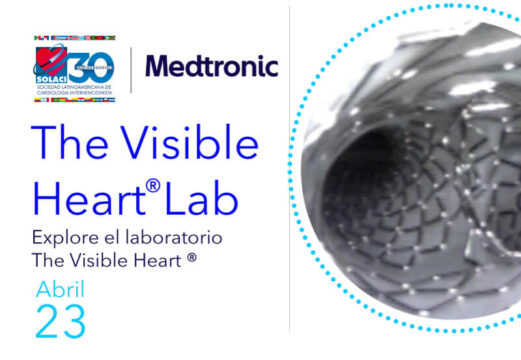As interventional cardiologists, we cannot delegate the responsibility of providing adequate advice on healthy habits. More importantly, we cannot be ignorant about them. Our medical intervention does not end with the final angiography; this is actually the beginning, since cardiovascular disease is chronic.

This paper assessed the important role played by inflammation on cardiovascular disease onset and progression. Diet is one of the variables that modulate inflammation, but until now we did not know the long-term effects that certain eating patterns have on inflammation and cardiovascular risk markers.
This study prospectively included 166,234 female subjects and 43,911 male subjects who were free of cardiovascular disease or cancer at baseline. Diet patterns were assessed by food questionnaires every 4 years.
The inflammatory potential of diet was evaluated using a pre-defined score based on the systemic levels of 3 inflammatory biomarkers (interleukin 6, TNF alpha, and C reactive protein).
Read also: What Is the Healthiest Diet?
Diets with higher inflammatory potential included significant amounts of red meat, processed meat-products, consumption of internal organs (kidneys, livers, etc.), refined carbohydrates like sugar, and sugar-sweetened beverages.
On the other hand, anti-inflammatory diets included green leafs, yellow vegetables, full grains, fruits, tea, coffee, and wine.
After adjusting for multiple variables (risk factors, body mass index, and more), diets with a higher inflammatory potential were linked to an overall increased cardiovascular risk of 40%, compared with the group eating a more anti-inflammatory diet. This overall cardiovascular risk included an almost 50% increase in coronary disease, and about a 30% increase in stroke (p < 0.001 for all comparisons).
Read also: Dietary Supplements and Diets Show No Impact on Cardiovascular Risk.
These results were consistent among all patient subgroups.
Conclusion
Pro-inflammatory eating patterns can significantly increase cardiovascular risk. Providing adequate intervention on this matter may be an effective primary and secondary prevention strategy.
Original Title: Dietary Inflammatory Potential and Risk of Cardiovascular Disease Among Men and Women in the U.S.
Reference: Jun Li et al. J Am Coll Cardiol 2020;76:2181–93. https://doi.org/10.1016/j.jacc.2020.09.535.
Subscribe to our weekly newsletter
Get the latest scientific articles on interventional cardiology



